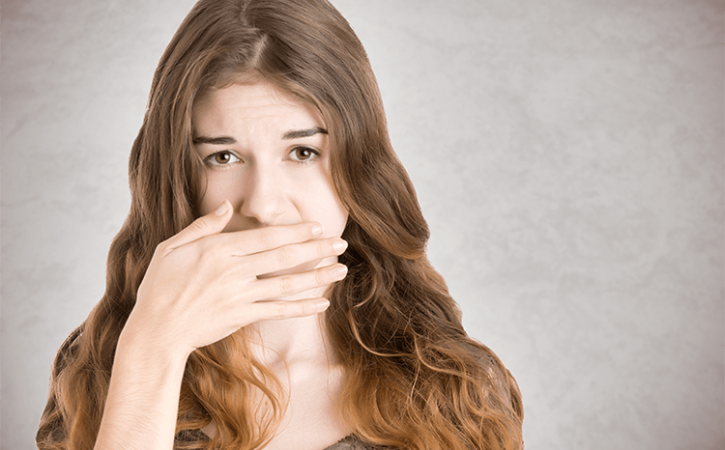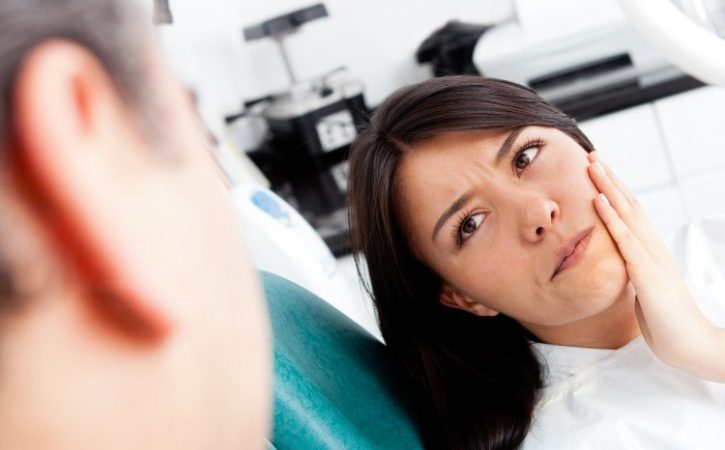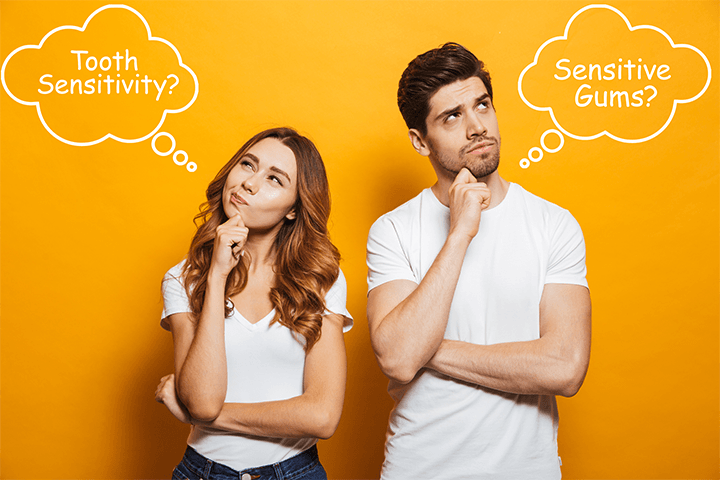Implants can solve several dental concerns and restore your smile. But you may be wondering if having implants means you won’t have to worry about discolouration or crooked teeth.
Key takeaways:
- If the procedure is done correctly, implants won’t get crooked.
- Implants themselves don’t get discoloured, but the crowns placed on top may do so.
- To avoid discolouration, you may want to choose stain-resistant porcelain crowns.
If your crowns become discoloured, your dentist will be able to recommend a suitable whitening treatment to restore them to their original colour.
Read the full story here: https://yourdentalhealthresource.com/can-your-dental-implants-become-crooked-or-discolored-over-time/











